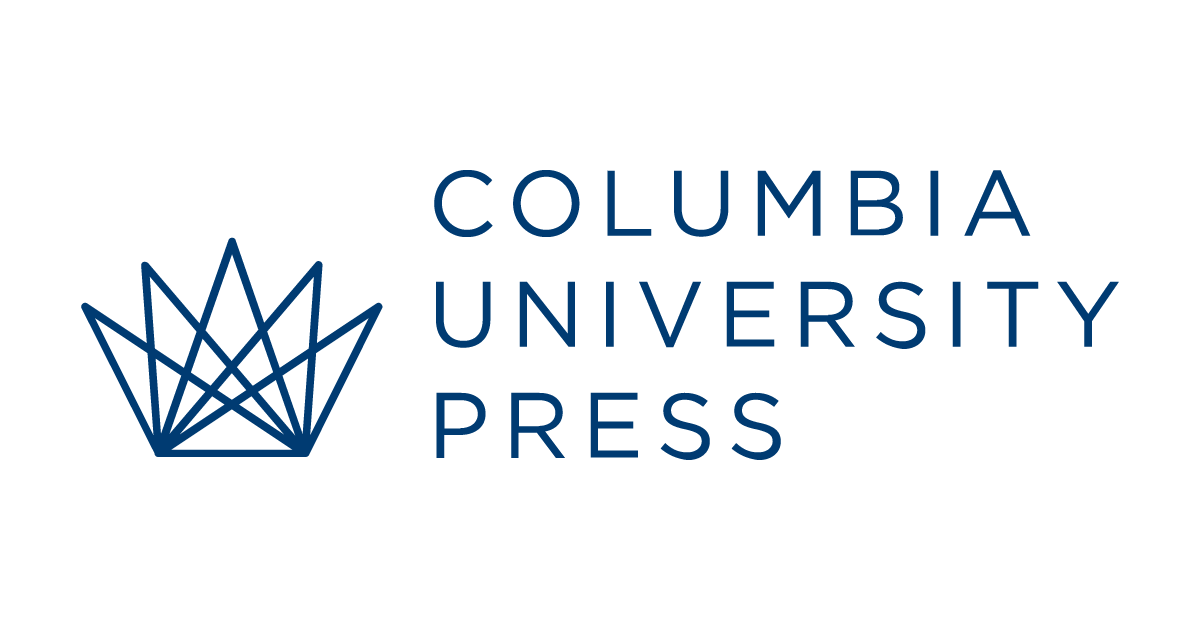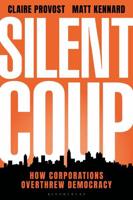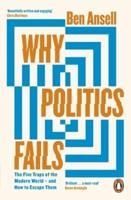Publisher's Synopsis
In the 1990 the Gulf War, the collapse of the Soviet Union, the Arab-Israeli peace process and the trend to market-driven economies impacted the regional political and economic order of the Arab world dramatically. How do these events affect the processes of Arab integration? Is the idea of an Arab political and economic comunity in the broadest sense no longer viable? What lessons can be learned from recent attempts toward the future of Arab unity? A team of respected political scientists, historians, and economists carefully assesses the state of regional integration and cooperation, and explains why integration in general has proven so elusive. From the unification of North and South Yemen, to the struggle for Mahgreb unity, and the experiences of the six-member Gulf Cooperation Council, this book presents a complex portrait of the history and prospects for Arab integration.
Part I examines the trends and points the way toward a more rational Arab order. Bahgat Korany reminds us of the continuing relevance of the balance-of-power in understanding Arab world dynamics. Bassam Tibi traces the decline of the Arab "imagined community" and the rise of the Arab state system. Part II offers five case studies exploring the political forces behind integrative attempts on the subregional level. Essays include Mustafa Al-Sayyid on the short-lived "United Arab Republic" of Egypt and Syria; and Abdul Khaleq Abdulla on the hastily established Gulf Cooperation Council. In Part III, economic integration and development are discussed. Roger Owens reviews the efforts to organize an Arab common market. Yusif Sayigh offers a blunt critique of the Joint Arab Economic Action project. Finally, Michael Hudson raises the possibility of a new model of inter-Arab coordination based on sovereign institutional realities and rational collective choice.











